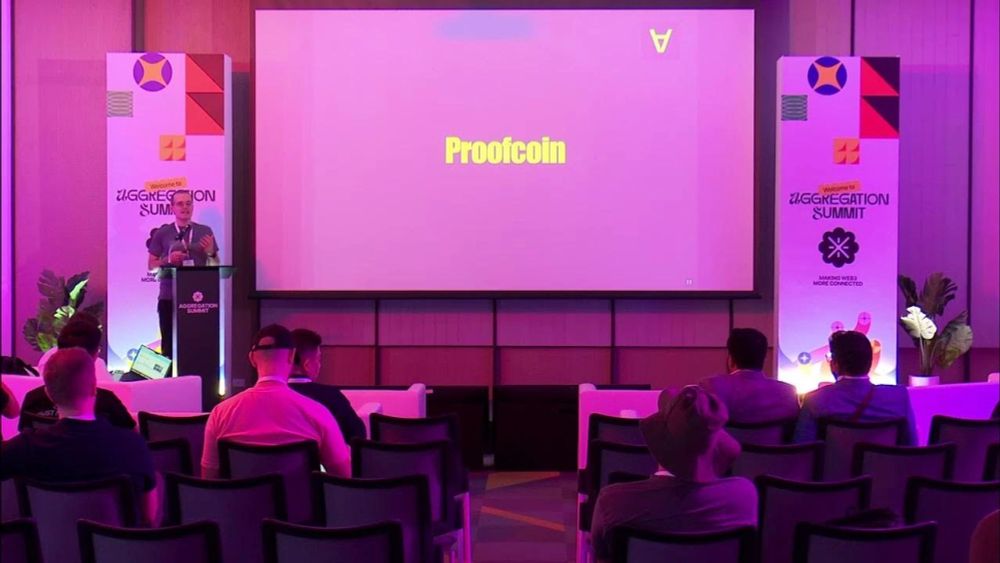
Find all the details (and a link to the code) in the note:
Find all the details (and a link to the code) in the note:
7/7
7/7
6/7
6/7
5/7
5/7
4/7
4/7
3/7
3/7
What's this about? New protocols like @poddotnetwork and @deltadotnetwork, but also older ones like @linera_io and the "fast path" of @SuiNetwork.
2/7
What's this about? New protocols like @poddotnetwork and @deltadotnetwork, but also older ones like @linera_io and the "fast path" of @SuiNetwork.
2/7
dmarcchecker.app/articles/cra...
dmarcchecker.app/articles/cra...


